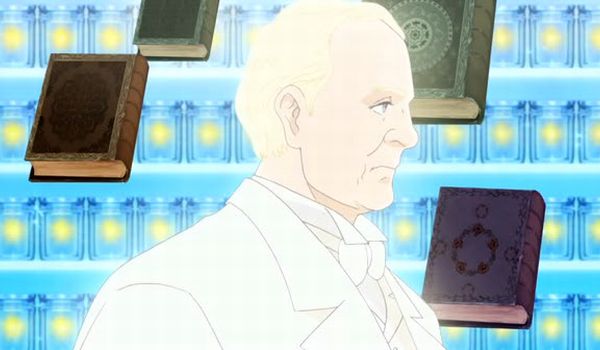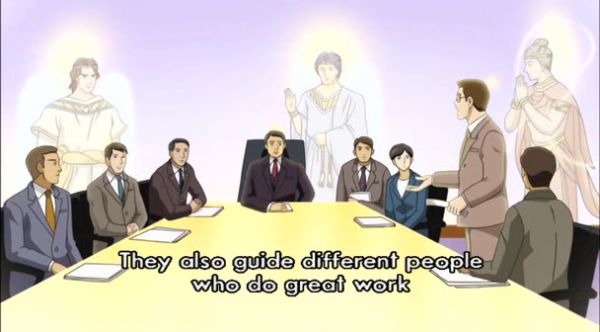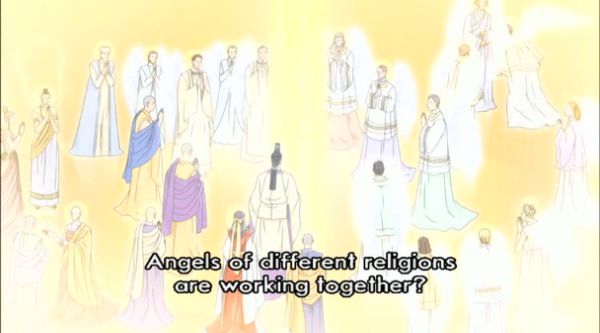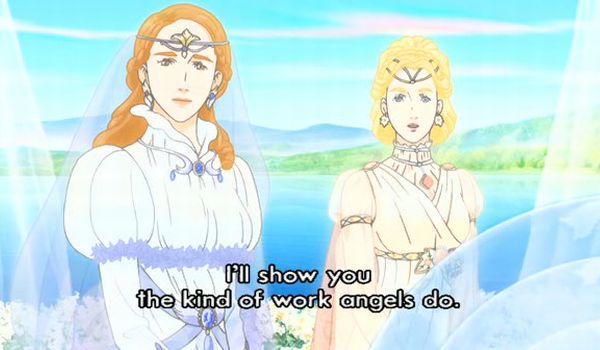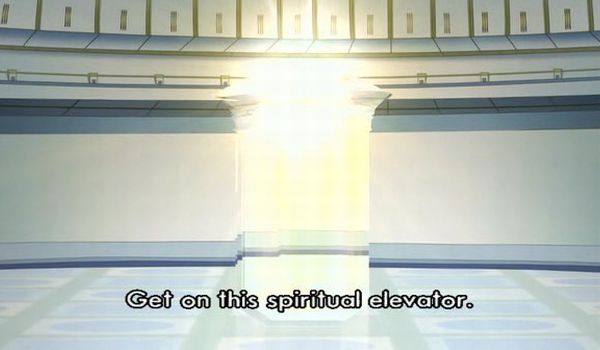“What are you making efforts for?” This question must be answered before entering the sixth dimension in the animated movie “The Laws of Eternity”.
For some days now I have privately watched a 5-minute inspirational video from Happy Science. (It is actually an excerpt from The Laws of Eternity, the anime.)As the characters pass into the sixth dimension, the realm of extraordinary accomplishments, a question appears in the accompanying song: “Is this my longing ideal, or is it an attachment?”
This is a good question. When we are attracted to something and want to attract it, it may be either of these. It could be an expression of our innermost soul, a part of the reason why we live in this world, and achieving it would bring happiness. Or it could be a distraction, something that would keep us trapped in our illusions so we never get to be who we really are, and thus bring misery.
The placement of that line in the video is probably not an accident. Or if it is, it is a very lucky accident. Ryuho Okawa writes in more detail in his book “The Laws of Happiness”. Here he writes that a politician may be unhappy because he is not president, and an office worker may be unhappy because he is not company president. But if they found themselves in the position they coveted, they would actually soon become very unhappy. This is because most people are not qualified for such a position, and the higher you climb, the more harshly people will judge you. They may not expect too much of some random pawn in the bureaucracy, but they have very high expectations to a leader and will show little mercy if he fails, or even if he succeeds only moderately well.
Okawa believes that there are some people who are born to lead, born to achieve greatness in this world. This may not at all be apparent at the start of their life, but it is apparent in the way they act in their circumstances. These people, according to the somewhat unusual worldview of Happy Science, actually belong in the Sixth Dimension (or above, in extraordinary cases). While this is a notion of the afterlife, the useful part is that people actually live in this world according to their nature in the “real world” as Okawa insists on calling it, the spirit world. So even if you don’t believe literally in the intricate dimensional ladder, it still describes people in this world.
(A few words on that dimensional stuff. It is not quite as sci-fi as it sounds. Yes, the fourth dimension is time, but in this context it mainly means that the spirits after death are unbound by time. They are, in other words, eternal. This is a pretty common belief. In the world of Happy Science, the afterlife is not necessarily Heaven or Hell. People who don’t really have much depth may simply just keep going on as before, barely aware that they have died. The fifth dimension adds spirituality – hardly a physical dimension. The sixth dimension is true knowledge. So you see, these could just as easily describe someone still in this world.)
So a person who belongs to the category of souls that are classified as the “sixth dimension” will have a natural drive to excel. They seek excellence, leadership or dominance not out of a foolish illusion that it will make their lives easier. They know that the opposite is true, but their sense of mission or purpose spurs them on even so. For them it is their longing ideal, and they will sacrifice what is needed and do what it takes to accomplish their life dream. But when someone less spiritually evolved tries the same thing, their motivation is off, and they are seeking an attachment. They want to be admired, respected, looked up to, to have lots of money and things they can buy with money, to be able to boss others around and give orders without having to obey anyone themselves, and men are often motivated by their mating urge as well. It is all about themselves and feeling as much pleasure as possible in this life. But this rarely goes well, because such an attitude does not prepare you for the price paid for excellence.


